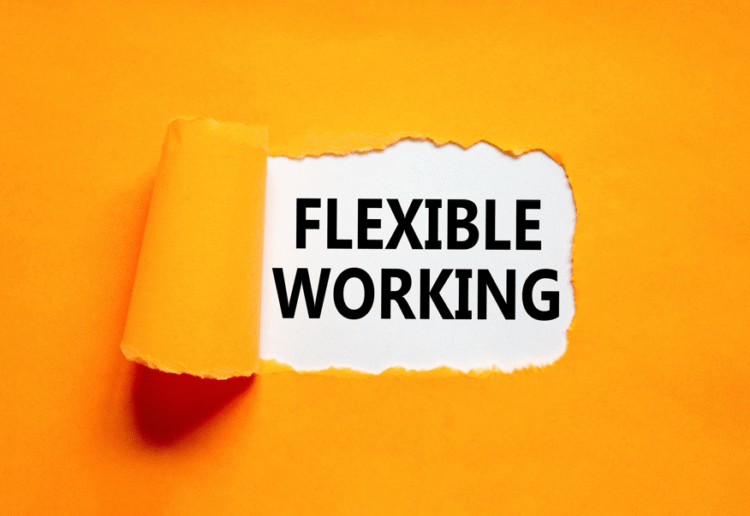More than a million UK workers have quit their jobs since the beginning of 2024 due to a lack of flexible working options, CIPD research has revealed.
The findings suggest that pressure to return to the office (RTO) is rising, with 53 percent of UK employees saying they feel pushed to spend more time in the workplace. At the same time, 14 percent of employers said they plan to introduce or increase mandatory office days.
However, demand for flexibility remains strong, with 3 percent of employees reporting that they had left a job since January 2024 due to inflexible working. This percentage equals around 1.1 million people.
The CIPD has urged employers to take a balanced approach to RTO mandates to support collaboration, talent attraction and retention. The institute is also encouraging broader adoption of flexible arrangements like flexi-time, job sharing, and compressed hours to support workers who can’t work from home.
The CIPD’s Flexible and Hybrid Working Practices in 2025 report, based on a survey of 2,000 employers and 5,000 employees, offers a snapshot of the UK workplace more than a year after workers gained the legal right to request flexible working from their first day in a job.
While 91 percent of employers now offer some form of flexible working, the pressure to return to the workplace is accelerating, the CIPD said. Just over half (51 percent) of employers require a minimum number of on-site days per week, typically three, and 14 percent mandate a set number of days each month. The main reasons employers cite are to improve collaboration, build relationships, increase engagement, and support onboarding.
Yet 70 percent of employees said the key driver is pressure from senior leaders pushing for more in-office time.
The CIPD warned that RTO ambitions must also be considered alongside employer efforts to attract and retain people, especially given many organisations continue to grapple with hard-to-fill vacancies and skills shortages.
The institute highlighted the clear benefits for individuals. Four in five workers (80 percent) said flexible working has improved their quality of life, and 33 percent reported a positive impact on their career prospects, up from 22 percent in 2022.
Claire McCartney, policy and practice manager at the CIPD, said: “There’s a clear mismatch between what some employers are pushing for and what many employees value. Hybrid working has benefits for employee satisfaction and attracting and retaining talent, often supporting those with health conditions, disabilities or caring responsibilities to remain and thrive in work. However, it can also bring challenges for employers, particularly around organisation culture, connection to organisation purpose and the ability of managers to lead their teams effectively.
But she said it doesn’t have to be an either/or situation. For example, employers could consider designating in-office days for team collaboration, which would preserve flexibility for focused work at home.
“There’s no one size fits all and for many organisations, it’s about finding the right balance that supports people’s performance and wellbeing, while meeting the needs of the business.”
Incentives are also being used to make the office more appealing. More than half (53 percent) of employers that offer hybrid working said they have introduced measures such as upgraded workspaces, social events, free food and drink, and commuter benefits.
McCartney added: “It’s good to see employers thinking about how they can make their workplace experience more valuable for their people. But decisions around hybrid working should be based on evidence, not assumptions or pressure from the top. Consulting employees and measuring the impact on performance, satisfaction and retention will lead to more sustainable outcomes for everyone.”












